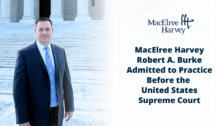Chester County Leadership: Joel Frank
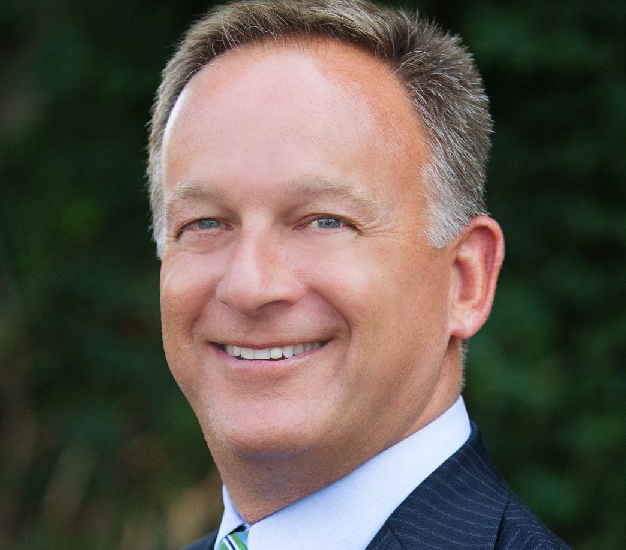
Publisher’s Note: This Chester County Leadership profile of Joel Frank was originally published in September 2015.
Joel Frank, Managing Partner and Executive Committee Chairman of Lamb McErlane, oversees the day to day affairs of the firm’s 30 attorneys and 50 overall employees. He concentrates his practice in complex commercial and civil litigation in state and federal courts and has been named a Pennsylvania Super Lawyer for general litigation every year since 2005.
Joel recently completed his term as the Chairman of the Chester County Chamber of Business & Industry. In 2016 he became Chair of the Board of Directors for Alex’s Lemonade Stand Foundation and was named General Counsel of the Republican Party of Pennsylvania in 2017.
VISTA Today asked Joel Frank about growing up in Delaware County, his decision to pursue a legal career, what brought him to Chester County, how the Chester County legal marketplace is evolving and how he balances an active personal, professional and community life.
Where did you grow up, Joel?
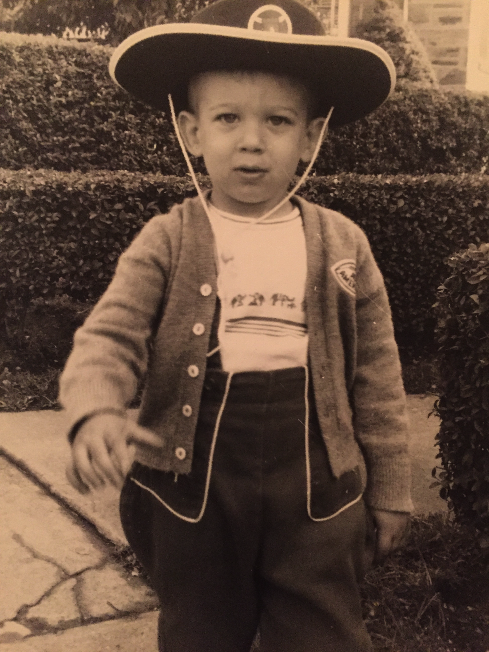
I grew up in Broomall, Delaware County. It was a great area in which to grow up. In those days, we could be out and about after school until dark without having to worry about much. I lived in a good working class neighborhood with a good school district. I had a happy childhood.
What did your parents do?
My dad was a CPA, and my mom was an administrative assistant as well as worked in the home.
What sports did you play in high school?
I played lacrosse, ran track and was the captain of the squash club at Marple Newtown High School in Newtown Square. Back in the day I was one of the faster guys on the track team and ran the second or third leg on the 4 x 100 relay team.
What jobs did you work in high school?
From the time I was 13 years old until I turned 20 or so, I worked on a black top, paving and concrete crew every summer. The weather was hot, and I often had to rake and shovel hot black top, so it wasn’t easy work. At times the soles of your work boots would literally start to melt. I was 13 or 14 when I first started, and I would work a jackhammer that weighed as much as I did. This was before there was a lot of machinery to do the heavy lifting they have now so I ended up shoveling and wheel-barreling a lot of stone and concrete. When I came home at the end of the day, I would lay on the tile floor for a half hour just to cool down before getting a shower and cleaning up.
How did you land a construction job so early in life?
The first job was with one of my father’s clients. After a couple of years when I had more experience, I moved on to a slightly bigger company doing the same thing.
You must have been earning a decent wage for a teenager?
It was good money to be sure, but it certainly wasn’t union wages (laughing).
What lessons did you take from those jobs that stay with you today?
Well, I learned to drive a truck at 14 years old, but only in the construction yard. More importantly, I learned the value of a dollar, hard work, and perseverance. We only had two or three people on a crew putting in driveways and sidewalks. Every member of the crew had to work collaboratively under time constraints before the blacktop or concrete would start to set.
What did you do after high school?
When I graduated from Marple Newtown High School in 1979, I went to the University of Delaware. I looked at other schools, but I wanted to stay relatively local. UD was far enough away that I could get home on holidays or a weekend in an hour plus my girlfriend, now my wife, went to college at Widener, not too far up I-95. I continued to work on the road crews during the summers and even pumped gas for a couple semesters at a station in Newark, Delaware.
Was Delaware a good fit for you?
I had a good experience there. UD’s campus wasn’t too big, nor too small. It wasn’t a continuation of high school either as far as having the same students I was with in high school. I knew a couple of kids from Marple-Newtown there but not too many. It was there that I started my training in martial arts which has become such an important part of my life.
What was your major?
I majored in political science and criminal justice thinking I might want to go to law school. But what I really wanted to do was work for the FBI. Back then, the FBI primarily took people with law and accounting degrees. Even though my father was a CPA, numbers didn’t interest me that much. That left law school as my best option for becoming an FBI agent.
What was the draw of working for the FBI?
I’ve always had a law enforcement mentality. I’m a law and order kind of guy. Even today, I’m the solicitor for the Chester County Chiefs of Police Association and have always been supportive of our law enforcement at all levels.
Where did that appreciation for law enforcement come from, Joel?
I don’t know for sure. I didn’t have any family members in law enforcement, so it wasn’t a family thing. It’s just where I gravitated. I think it just came from the morals, values and culture in which I grew up in.
What did you do after graduating from UD?
I went to what was then Delaware Law School, now Widener Law School. I had a good experience in law school. I was one of the editors on the Law Review and did well in the classroom.
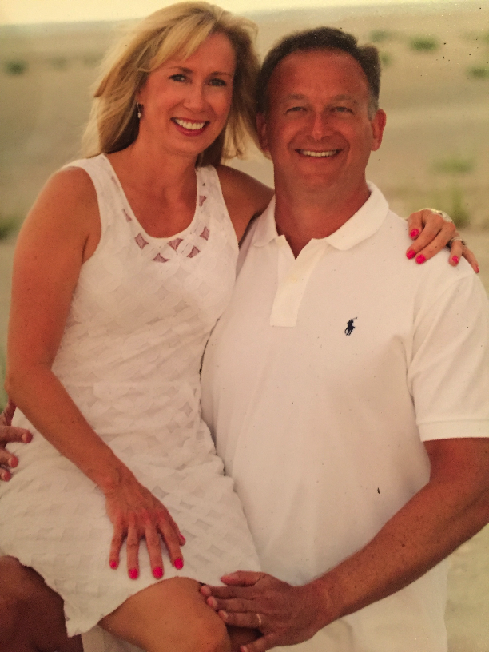
Who gave you your first big break out of law school?
During law school, I clerked for Superior Court Judge Phyllis Beck the summer between my first and second year and then married my high school girlfriend between my second and third years. My wife, Jean, is a nurse, so she supported us during my last year in school, although I did work about 20 hours a week for a law firm in Media to bring in a couple of dollars as well.
When I finished law school in 1986, one of my professors, Fairfax Leary, recommended me to Dilworth Paxson, a prestigious Philadelphia law firm. Dilworth Paxson at that time had one of the region’s premier litigation departments. They gave me a lot of responsibility early, allowing me to take depositions and participate in hearings before I even found out if I had passed the Bar exam. Once I passed the Bar, I often was on the front line gaining valuable experience.
What brought you to Chester County?
I stayed at Dilworth Paxon for ten years. In 1991, my wife had twins (Jared and Sarah) and in 1992, right before the twin’s first birthday, we moved to West Chester. After a few years, the commute into Philadelphia from West Chester was getting old, so I started to look around at local law firms.
What attracted you to Lamb McErlane?
At the time, the firm was the “go-to” law firm in Chester County and in my opinion it remains so, especially for litigation. A couple of judges who were familiar with my work recommended me to Bill Lamb and Jim McErlane. As I learned more, I was intrigued by Lamb McErlane’s political influence in Chester County and beyond. Bill and Jim invited me in for an interview, and it eventually ended up working out.
How would you characterize your work at Lamb?
The practice here is atypical of a suburban law practice. We represent sole proprietors and Fortune 100 companies alike. Many of the firms we’re going up against are from Washington DC, Chicago, Philadelphia or New York.
The case load I’ve worked on since I got here is not that much different from my experience at Dilworth Paxon. The cases usually are interesting and I enjoy learning about clients’ businesses. I frequently work on high-profile and intense-matters, which I enjoy.
I also jumped right into the political arena, becoming an Assistant Solicitor for the Chester County Republican Party almost as soon as I started with the firm. At that point, Alan Novak was the party chair. When Alan left, and Skip Brion became chair, I moved into the Solicitor position and served as Skip’s solicitor and now as Val DiGiorgio’s. I’ve been in that role for 15 or 16 years.
In addition to being the Managing Partner at Lamb McErlane, you’re involved in a lot of activities outside of work. How do you maintain a work-life balance.
I am really busy. I’m a Commissioner on the State Athletic Commission, Chair of the Chester County Chamber, I sit on the board of Alex’s Lemonade Stand Foundation, and, as I mentioned earlier, I’m solicitor for the Chester County Chiefs of Police Association and Chester County’s Republican Committee.
Over the last two years, I’ve been stretched kind of thin at times, but I like being busy. I enjoy being out and about and in leadership positions in the community. I have to give thanks to my coworkers at Lamb McErlane for covering for me in the office as I’ve gotten more and more involved in the community. We all recognize it’s important to give back to the community.
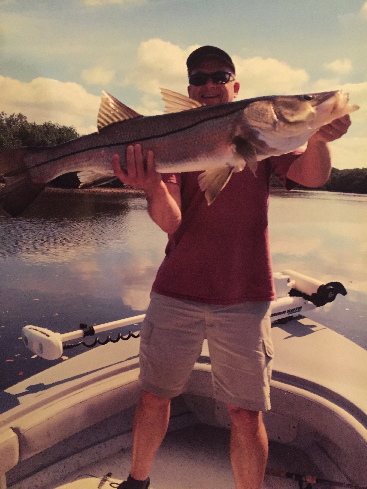
What challenges do you see for your firm or the county going forward, Joel?
At the firm, Jim McErlane and Bill Lamb are stalwarts in the Chester County legal and political communities. They’ve done a great job transitioning leadership at the firm to the next generation, which isn’t always an easy transition to make.
The legal market itself is more and more competitive as increasing numbers of firms and lawyers try to establish beachheads out here.
Politically, Chester County has long been governed by the Republican party but the demographics are changing. The County’s elected officials have thus far done a great job in balancing economic development while preserving open space. It will be a challenge for all of us to maintain that balance which in large part makes Chester County the special place it is.
Finally Joel, what is the best piece of advice anyone ever gave you?
It’s not necessarily your aptitude, but your attitude, that determines your altitude. I honestly don’t remember where I initially heard it, but it’s a simple saying that has always resonated with me. There are lawyers adverse to me who may be smarter than I am, but no one is going to work harder or be more prepared than me. That hard work and preparation, i.e. attitude, in large part determines what I can accomplish.
Connect With Your Community
Subscribe to stay informed!
"*" indicates required fields































![95000-1023_ACJ_BannerAd[1]](https://vista.today/wp-content/uploads/2023/03/95000-1023_ACJ_BannerAd1.jpg)




















